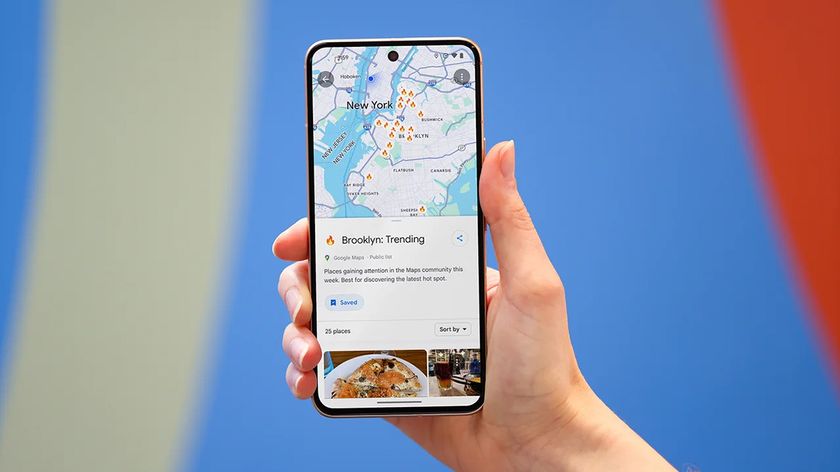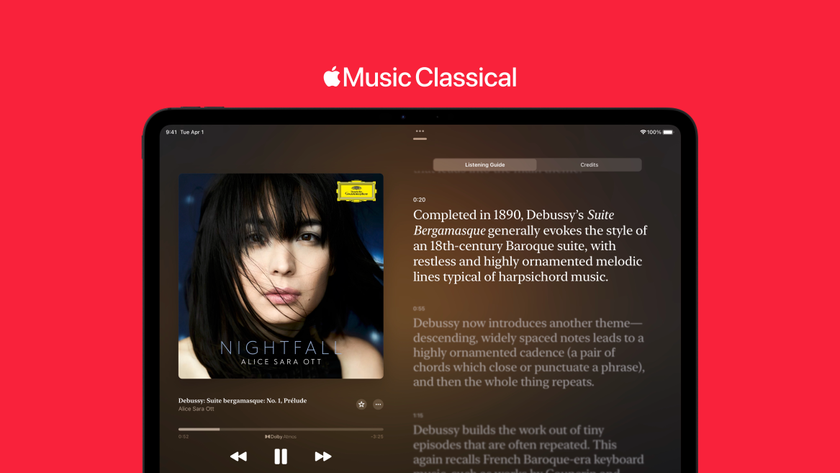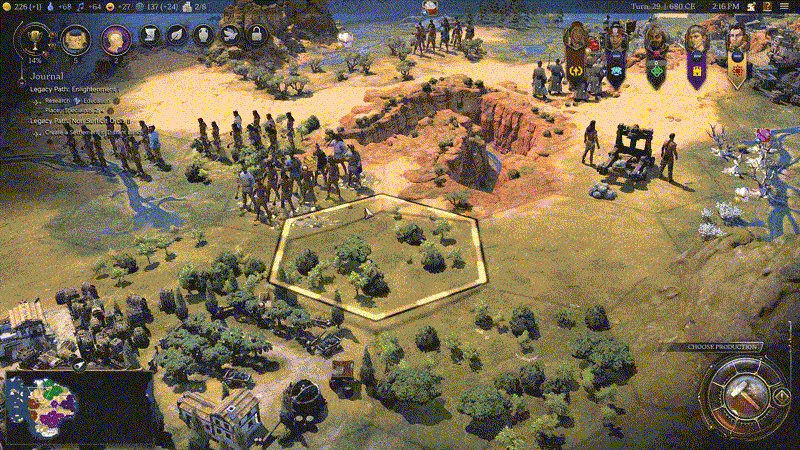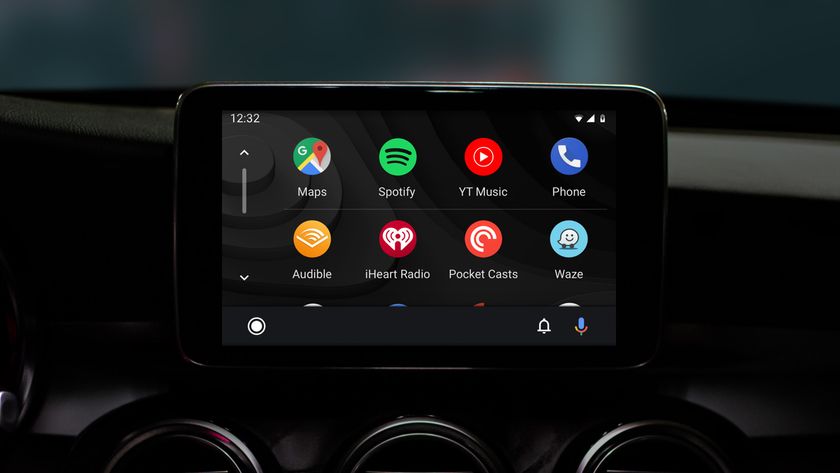Only with your help can Google Maps build a better map for everyone
Contributors, use your powers for good
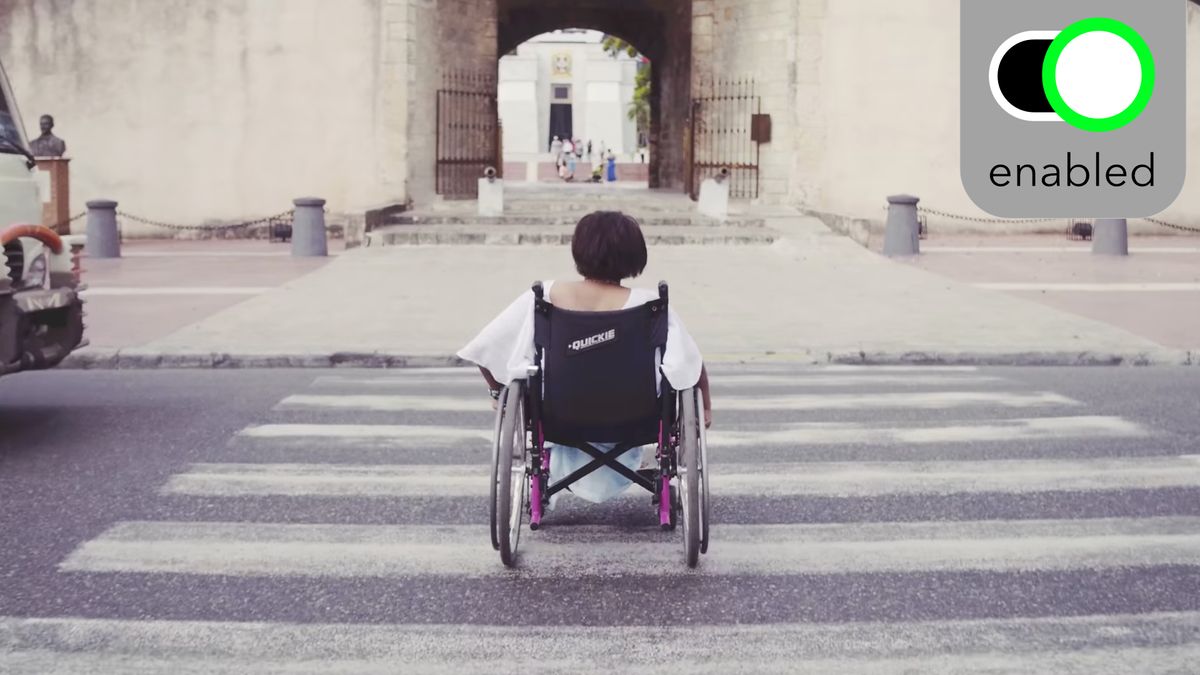
It’s hard enough to just find a good local taco joint. But for some, locating a restaurant that can also accommodate for a disability requires a herculean amount of research and planning. Thankfully, the world of technology has a solution.
Google Maps has long been putting its users to task by quizzing them about their favorite destinations. From questions ranging from a bar’s drink offering and vibe of the atmosphere to the availability of family bathrooms, answering these questions isn’t just an exercise in testing your memory.
It’s the contributors’ chance to fill in the blanks that Google’s high-resolution cameras in space can’t see for itself. And now, you’ll be able to help even more people find the perfect restaurant or any other point of visit to make the trek to.
The app now puts accessibility front and center along with the other top-level information you might be curious about knowing, like hours of operation. Navigate to any restaurant on Google Maps and click the two-line description. From there, you’ll be able to see a breakdown of the vendor’s offerings in bullet-point styling. Do they accept reservations, take credit cards, have room for wheelchair seating? It’s all right here, and better yet, it’s open to your feedback if no relevant info has been provided yet.
Crowdsourcing for good
Crowdsourcing is a popular go-to method for data retrieval. Why? Because it puts the people in control of setting a process into motion. In the case of Maps, not only would it be illogical for Google to send its employees into every building to make an assessment on what each vendor does and doesn’t offer, it’d be creepy, too.
Instead, Google has simply built the tool and its contributors can run with it, filling in the blanks that sometimes even the vendors don’t think to check off. As a frequent contributor, sharing knowledge about the places that I visit is addicting. And now, it’s a fulfilling endeavor, too, since the info can be used to help people with disabilities get a better understanding of their options and decide between them.
Start contributing
If you’re signed into Google Maps with your Google account, there’s no doubt that you’ve already been asked to submit feedback for a place that you’ve visited. And with that, you’re a contributor.
Get daily insight, inspiration and deals in your inbox
Sign up for breaking news, reviews, opinion, top tech deals, and more.
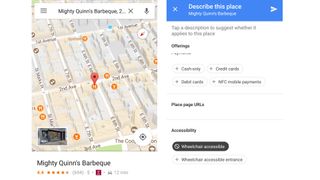
Whether you’re suggesting information about the hours of operation or accessibility accommodations, nothing is set in stone on Maps. This is a good thing, as it allows contributors to correct wrong information or to commend a business for making a positive change that hasn’t been noted yet, like adding a wheelchair-friendly ramp.
I’m setting a goal for myself to take note of how accessible the businesses that I visit are. That I can make a small, but meaningful difference in someone’s day-to-day with just a few taps is all of the encouragement that I need to participate. Care to join?

Enabled is a column that dives into the world of accessibility to reveal how people's needs are (or are not) being met by today's technology and offer an in-depth look at the companies that are working to make tech better for all. Click here to see the growing library of Enabled entries.
If you have a story, tip or just want to share something special, reach Cameron via email at cameron.faulkner@futurenet.com or on Twitter @camfaulkner.
Cameron is a writer at The Verge, focused on reviews, deals coverage, and news. He wrote for magazines and websites such as The Verge, TechRadar, Practical Photoshop, Polygon, Eater and Al Bawaba.
